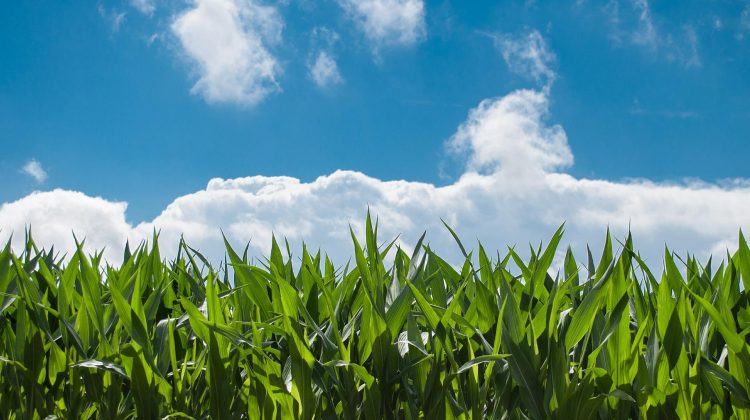
Perception and Adaptation Strategies of Smallholder Farmers to Drought Risk: A Scientometric Analysis
Droughts are a worldwide issue that affects ecosystems’ economies and cultures; therefore, its perception and adaptation strategies among smallholder farmers are crucial for the mitigation of drought risk, and for sustainable food production. We used the bibliometric method to analyze 121 publications from the Scopus database to better understand the existing situation and trends in the field of drought risk. During the years under consideration, the field saw a significant increase in publication output, with an annual growth rate of roughly 68.14 percent. On a national level, the United States scored first with the most publications and the most academic influence, with the majority of top papers citations coming from USA-connected universities and research centers. The top five most frequently used keywords and keyword-plus were, drought, adaptation, agriculture, smallholder farmers, and climate change. Some of the adaptation strategies adopted by smallholder farmers, which could be used by many nations to deal with drought events, include: rainwater harvesting, diversification of income sources, planting of short-season cash crops to enhance cash flow, use of drought-tolerance herds, etc. This research offers a plan to navigate the intellectual dilemma in drought risk research and offers guidance for researchers in all continents, particularly the Africans and the Europeans, in further studies in this area, as the agricultural sector contributes significantly to the economy of many nations.
Authors: Abiodun A. Ogundeji and Collins C. Okolie
Academic Editors: Tarendra Lakhankar and Johannes Sauer
